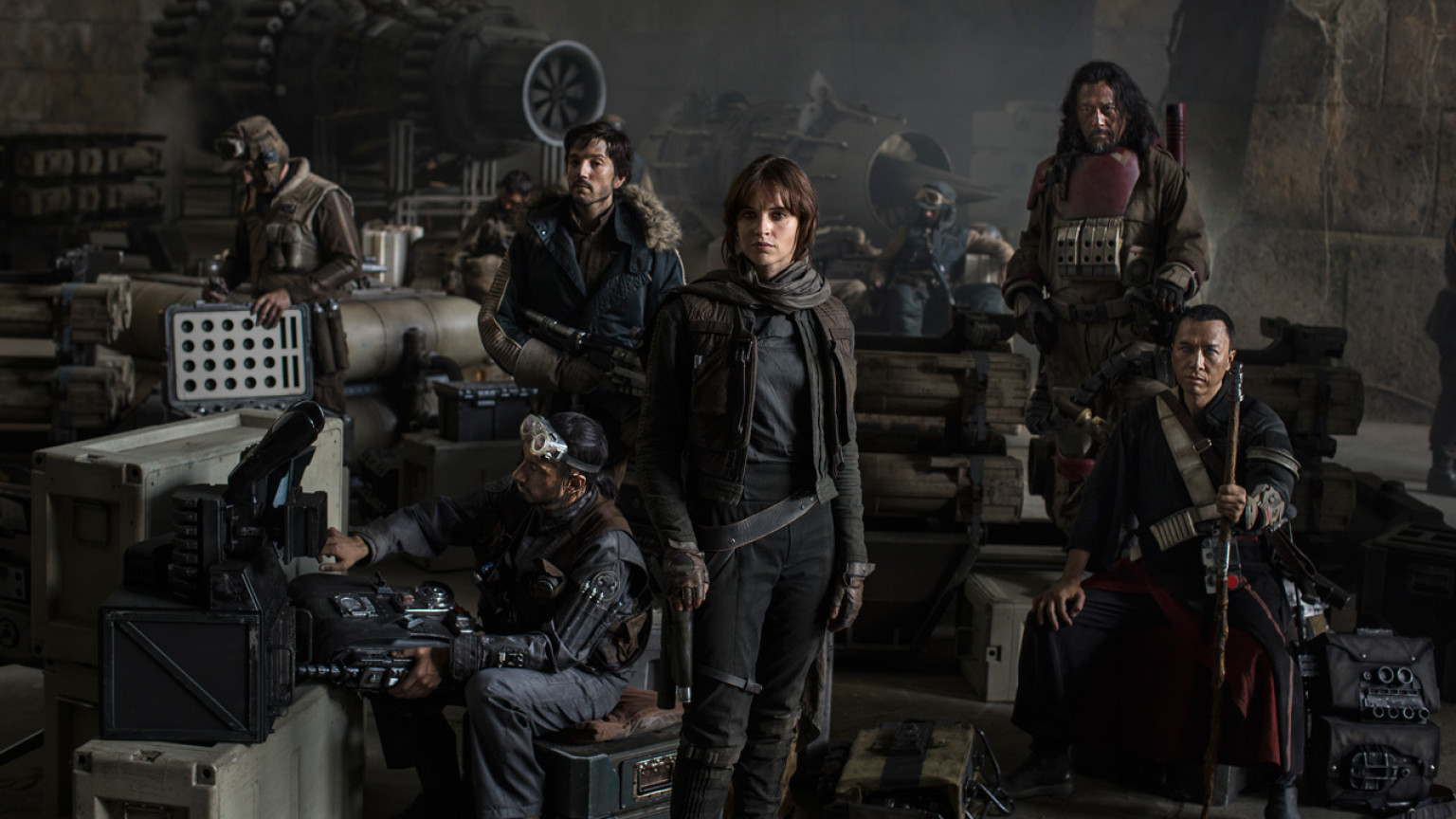The Rogue One Terrorists
- Anthony Nanson

- Dec 21, 2016
- 2 min read
Updated: Feb 6

I used to think of Star Wars as a fairy tale in space. In filling a tempting gap in the storyline, Rogue One offers less in the way of mythological resonance and more of gritty realism. It’s telling that some key plot points in its complex and tech-driven story revolve around IT problems. But what slapped me in the face – and kept slapping all the way through – was its celebration of the terrorist as hero.
It’s nothing new in space opera to reverse the roles of the real world – from an American perspective – so the superpower becomes the evil empire and the rebels the heroes. That’s always been the premise of Star Wars, as of Battlestar Galactica, Firefly, even Blake’s Seven. But the makers of Rogue One seem to have packed in as many references as they could think of to the contemporary terrorism exported from the Middle East. Most striking is a good-guy body count exceptional among films of this kind; these are suicide bombers motivated by a transcendent ideal, labelled ‘hope’, and to some extent by an overt fundamentalist faith – ‘I am with the Force; the Force is with me.’ Then there’s all the bad stuff that has to be done along the way – like murdering your own mates – because the end justifies the means. And the inventive techniques of violence that irregular rebel forces have to apply when they take on the overwhelming military force of the imperium; in particular, the scenes in Syria-like Jedha offer a wealth of inspiration that may repay careful scrutiny by the likes of IS. Let’s not forget also that the city of Jeddah in our own world is the gateway to Islam’s holiest sites. Not to mention the varied ethnic make-up – and get-up – of the rebels compared with the smart-uniformed Anglo-Saxonness of the Empire, and the aesthetic of sublime destruction of vast imperial structures, which put me in mind of slow-motion replays of the destruction of the World Trade Center.
You could say that such role reversal represents the real-world imperial power’s unconscious wish to project its own ethical shortcomings on to the real-world rebels we call terrorists, and thereby to imagine itself as struggling for the good against overwhelming forces of evil. But Rogue One’s deployment of this trope seems so thoroughly knowing. So what’s going on? Is it a deliberate attempt to engage the witless public in such a collective exercise of projection? Or does it intend to raise provocative questions that challenge a thinking audience to scrutinise the ways in which imperialist conduct stimulates extremist resistance? I would like to think the latter, but the effect of the film will depend on the political sensitivity with which the audience receives it. On this score, recent electoral choices in Anglo-Saxon nations do not inspire hope.




Comments